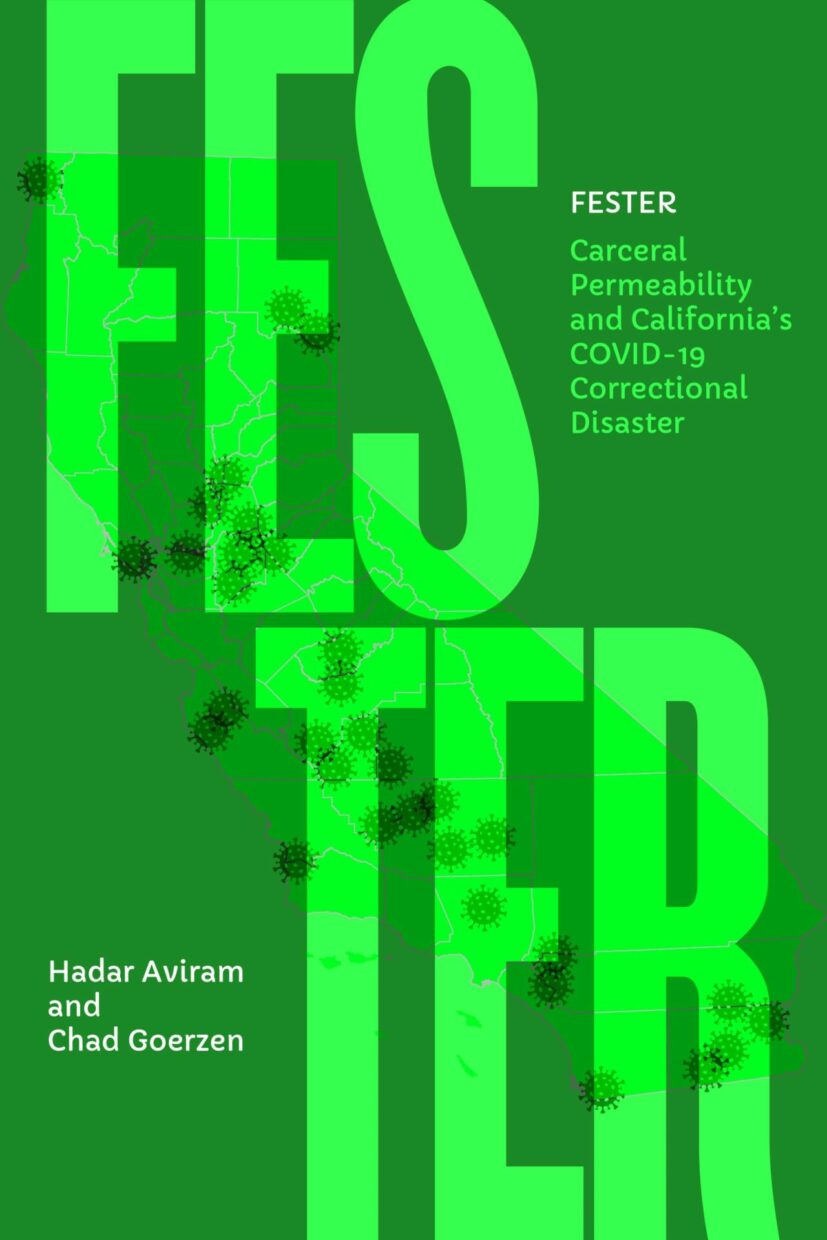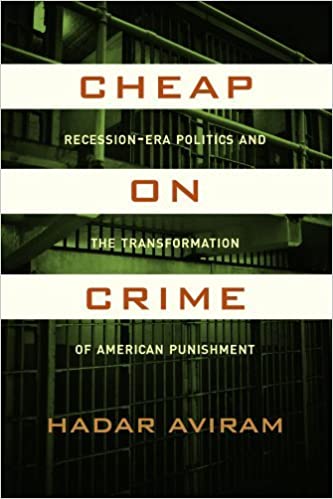In Behind Ancient Bars, law professor and rabbinical student Hadar Aviram challenges the conventional assumption that incarceration is an artifact of modernity by looking back to depictions of detention and confinement in the Hebrew Bible. Aviram takes readers on a journey through the Hebrew Bible’s carceral landscape through creative rereadings of five stories: Joseph in Egypt, Esther in Persia, Daniel in Babylonia, Samson in Gaza, and Jeremiah in Jerusalem. Drawing on her experience as a leading voice against mass incarceration, she finds connections between antiquity and the contemporary understanding of incarceration that encompasses not just the prison itself but also pretrial/immigration detention, bail, electronic monitoring, parole, and postrelease supervision. Infusing ancient biblical stories with fresh life through modern punishment theories, Aviram shows how incarceration has much to teach us about government, the experience of people in confinement, and the strength and resilience of the human spirit across millennia.
Fester




Even against the backdrop of pandemic mismanagement in the United States, the COVID-19
disaster in California’s prisons stands out as the worst medical prison catastrophe in the state’s
history. Three-quarters of the state’s prison population was infected; 256 incarcerated people
and 50 staff members died. Socio-legal scholar Hadar Aviram and data scientist Chad Goerzen’s
forthcoming book FESTER exposes the COVID-19 correctional experience through hundreds of
first-person accounts, months of courtroom observations, years of carefully collected
quantitative COVID-19 data, and a wealth of policy documents.
Against the backdrop of decades of systemic vulnerabilities of overcrowding and abysmal healthcare, the book recounts the suffering that COVID-19 and its mismanagement wrought behind bars–the fruit of neglect, incompetence, fearmongering, sabotage, and dehumanization. FESTER illuminates the lack of control over county jails; the uphill battle to prioritize prisons as vaccine sites, and the struggle
to vaccinate the custodial staff; the harms of zero-sum thinking in light of the transmissivity
between prisons and their surrounding communities; how efforts to litigate on behalf of incarcerated people are thwarted by judicial deference to disingenuous, responsibility-shirking behavior by the state; and how our fear of the optics of releasing people convicted of violent crimes–sometimes decades ago–endanger not only the oldest and most frail people behind
bars, but also everyone in California.
FESTER bears witness to the immense suffering we bring on ourselves and our fellow humans through dehumanization, fear, and ignorance, and stands as a monument for a brave coalition of incarcerated and formerly incarcerated people, family members and loved ones, advocates and activists, doctors and journalists, who worked to shed light on one of the Golden State’s correctional system’s darkest times.
Yesterday’s Monsters


In 1969, the world was shocked by a series of murders committed by Charles Manson and his “family” of followers. Although the defendants were sentenced to death in 1971, their sentences were commuted to life with parole in 1972; since 1978, they have been regularly attending parole hearings. Today all of the living defendants remain behind bars.
Relying on nearly fifty years of parole hearing transcripts, as well as interviews and archival materials, Hadar Aviram invites readers into the opaque world of the California parole process—a realm of almost unfettered administrative discretion, prison programming inadequacies, high-pitched emotions, and political pressures. Yesterday’s Monsters offers a fresh longitudinal perspective on extreme punishment.
Cheap on Crime
After forty years of increasing prison construction and incarceration rates, winds of change are blowing through the American correctional system. The 2008 financial crisis demonstrated the unsustainability of the incarceration project, thereby empowering policy makers to reform punishment through fiscal prudence and austerity. In Cheap on Crime, Hadar Aviram draws on years of archival and journalistic research and builds on social history and economics literature to show the powerful impact of recession-era discourse on the death penalty, the war on drugs, incarceration practices, prison health care, and other aspects of the American correctional landscape.








FESTER Wins ASC Book Award